Is Tokyo 2020 back on track? Plus ticket prices and new sports
Venues are taking shape, as freestyle BMX, skateboarding and sport climbing are set to make their Olympic debut
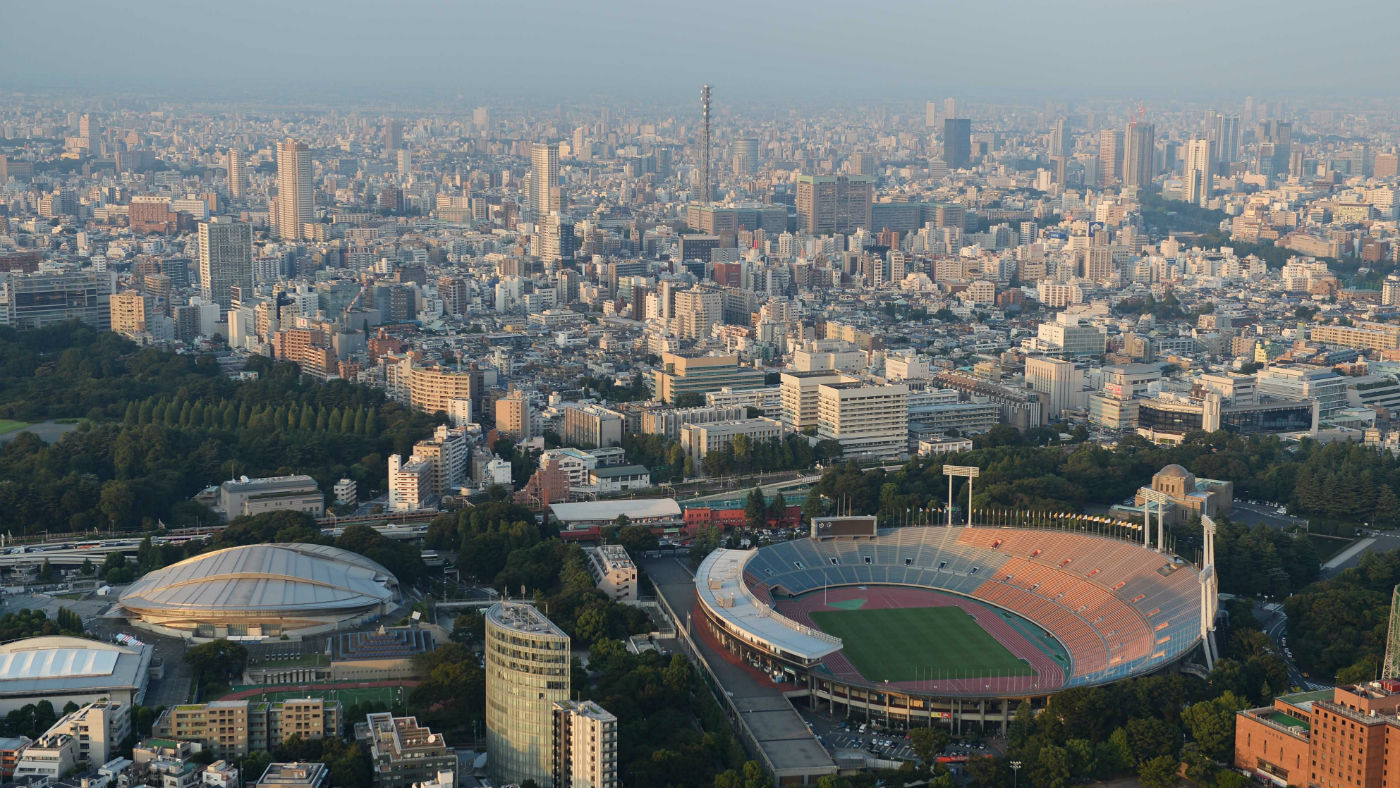
A free daily email with the biggest news stories of the day – and the best features from TheWeek.com
You are now subscribed
Your newsletter sign-up was successful
With this year’s Winter Olympics in Pyeongchang now over, the torch has passed to Tokyo, with city organisers hoping to bring back some much needed order and a bit of magic after the chaotic and poorly attended Rio 2016 Games.
Tokyo's cameo at the Rio closing ceremony, which featured Prime Minister Shinzo Abe's unexpected turn as Japanese video game character Super Mario, was regarded as a positive sign of things to come.
In fact, the whole segment was so superior to every other part of the Games “that it bodes well for the next Olympics being the polar opposite of chaotic, cash-poor Rio,” says Charles Sale of the Daily Mail.
The Week
Escape your echo chamber. Get the facts behind the news, plus analysis from multiple perspectives.

Sign up for The Week's Free Newsletters
From our morning news briefing to a weekly Good News Newsletter, get the best of The Week delivered directly to your inbox.
From our morning news briefing to a weekly Good News Newsletter, get the best of The Week delivered directly to your inbox.
So what can we expect from the 2020 Games?
The host city:
“Tokyo is a tremendous choice as host city for the 2020 Olympic Games,” says Nigel Thompson of the Daily Mirror. “Japan's vast capital is probably the most pulsating metropolis in the world.”
“It's vast of course, but there's a fine public transport system. And it all works superbly too... There's an incredible energy, yet it can be remarkably calm and serene. The locals are unfailingly polite and friendly, the food and drink is great and there are plenty of sights to take in when you're not enjoying the Olympic action.”
A free daily email with the biggest news stories of the day – and the best features from TheWeek.com
The planning:
No Olympics ever runs according to plan and there have already been several problems, reports the Daily Telegraph: “Things have gone far from smoothly since Tokyo was awarded the Games in 2013 and it involves everything from the stadium to the IAAF bribery scandal.”
Money from the bid team was allegedly traced to a bank account at the centre of the athletics corruption scandal, while architect Dame Zaha Hadid's original stadium plans were torn up “due to concerns over budget and physical size”. Embarrassingly, “the new stadium design omitted any place for the Olympic flame cauldron to sit”.
Last December, a decision was made to update the projected budget for Tokyo 2020, involving a reduction of $1.4bn in total costs.
Reuters reports that games organisers “have been working to slash costs after a study in 2016 warned that expenses could balloon to four times the initial estimate made in the bid process”.
The International Olympic Committee (IOC), which oversees the games, is keen for Tokyo to set a good example and rein in costs in order to attract future candidate cities, after growing concerns over hosting costs and long-term value meant Paris was effectively the only city to bid for the 2024 Olympics.
The tickets:
With the main stadium still unbuilt, there is no word yet on when tickets will become available, although is unlikely to be before 2019, says Metro.
“But you can start planning how much to save, with Japanese newspaper The Nikkei claiming that an average ticket will cost £54, and entry to the opening ceremony anywhere between £191 and £1,147.”
Dates and venues:
The exact schedule has not been finalised but the dates have been agreed. The 2020 Games will open slightly earlier than in Rio, with the opening ceremony on 24 July and events running until 9 August.
The time difference between the UK and Japan is eight hours, so the competitions will begin in the early hours of the morning for us and are unlikely to run beyond 3pm. The major athletics and swimming finals will take place in the early afternoon.
The venues:
As reported, the main stadium has had its fair share of problems, and began with a delayed start in December 2016, according to Reuters. The stadium is now set to be completed by November of 2019. Events will be held there and at 36 other locations during the Games.
“The 2020 Tokyo Summer Olympics will be a compact games, with roughly 75% of the sports venues within 8 km of the Olympic Village,” reported the Japan Times after the bid was won. “According to Tokyo’s plan, 28 of the 37 sports facilities will be within 8km of Olympic Village, which will sit on a 44-hectare patch of mostly landfill on the Harumi waterfront area in Chuo Ward.”
There will be two main areas: the “heritage zone”, using revamped facilities originally built for the 1964 Olympics, and the Tokyo bay zone, which has been described as “a model for the future urban development of Tokyo”.
Pressure of Construction:
Added pressure to finish construction of the main stadium has also resulted in tragedy. One construction worker committed suicide in March last year after working 190 hours of overtime in one month, The Guardian reported.
The 23-year-old worker was in charge of quality control of materials at the stadium site. His parents are now seeking compensation from the government and have successfully petitioned for their son’s suicide to be recognised as “karoshi” or “death by overwork”. Any death resulting from overwork by over 80 hours is considered karoshi. Tokyo labour officials say they also found that the victim worked 160 hours overtime in January.
The man’s body “was found in the central Japan Mountains in April, weeks after he disappeared, with a suicide note saying he was ‘physically and mentally pushed to the limit’”, says The Guardian.
Work on the stadium is led by the construction company Taisei Corp, which was found to have incidents of illegal overwork in 40 companies, with employees at 18 companies working overtime exceeding 80 hours.
On the average day there are nearly 1,000 workers on the stadium site. Tadashi Mochizuki, director of stadium manager for the Japan Sport Council (JSC), told Reuters that more would be done in the future to ensure no more lives would be lost from “karoshi” during the construction of the stadium.
“To our regret, illegal overtime was recognised as a result of inspection by the labour ministry,” Mochizuki said. “We, JSC and Taisei, took it sincerely and we’ll do the utmost (to comply with the law) in proceeding with construction.”
The building of the £1.2bn stadium fell behind schedule after the government scrapped plans for the original stadium design due to high costs. Tokyo 2020 currently has a $12bn (£9bn) budget and now the IOC says the city must cut a further $1bn from its bill in an effort to make the games affordable.
“That’s the target that we think should be achievable not just by Tokyo but by all summer organising committees,” IOC VP John Coates told Japan Today. “What we are trying to do is create a situation where there is no strain on the public purse.”
The IOC believes cuts can be made by moving some events to already existing facilities and not staffing facilities that don’t receive a lot of traffic.
Last month a dozen national Olympic committees were given a quick look at Tokyo's venue preparations, with Mark England of the British Olympic Association describing the progress so far as “absolutely fantastic”.
The theme:
This is where the city will make its mark. “Japan is known internationally for its technological innovations, so Tokyo 2020 organisers are aiming to launch ambitious tech projects that will boost the economy and wow crowds,” says CNN. Tokyo's cameo at Rio appeared to confirm that.
Fans can expect to come across robot helpers and driverless cars, says the broadcaster, “and during sporting events, visitors might catch human referees using 3D laser technology to analyse a gymnast's complex motions, allowing them to give out more accurate scores”.
“To top it all, Tokyo 2020 might even showcase a shower of man-made meteorites in the place of fireworks. ALE - the Japanese space startup that aims to bring this show on the road - want to trial their idea as early as 2018.”
The organisers hope to promote a “similar message of hope, while also emphasising what Japan is known for among the international community: technology and safety”.
However, the design aspect of the Games has not been without controversy. In September 2015, just two months after the original plans for the main stadium were scrapped, organisers were forced to ditch the logo for the Games amid accusations of plagiarism and questions about the designer's credibility.
Belgian designer Olivier Debie said the original design was swiped from his logo for a theatre in Liege in Belgium. After threatening to take the issue to court and amid a public backlash the design was dropped and replaced with a new “snake-eye” logo with roots in feudal Japan.
Are there any new sports making an Olympic debut?
Mixed relays in athletics and swimming will make their debut at the Games as well as five new sports, the International Olympic Committee have announced.
Men and women will compete with and against each other in 4x400m on the track and 4x100m freestyle in the pool and a mixed team relay has also been added to the triathlon. There will also be mixed-gender team events in judo and archery and a mixed doubles competition in table tennis, taking the total number of mixed events in Tokyo from nine to 18.
The IOC “is attempting to shrug off its stuffy image and connect with a younger audience” by also introducing three-on-three basketball and freestyle BMX, reports The Guardian.
The new additions announced last month follow the pledge to include sport climbing and skateboarding as proposed by the Tokyo organising committee last year.
Despite the 15 new events there will actually be 285 less athletes competing compared to Rio. There is also a drive to introduce more events for female competitors and push up the number of women competing.
All of these changes has led to IOC president, Thomas Bach's claim that said the Games will be “more youthful, more urban and include more women.”
Catalonia gearing up:
As Catalonia continues to fight for its independence, with 90% of Catalan voters voting for the region to split from Spain last October, Gerard Esteva, president of The Union of Catalan Sports Federations, says Catalonia is ready to put their best team forward for the 2020 Olympics.
“If Catalonia will be independent this week, or this next year, we are prepared to participate with full conditions in the Japan Olympics in 2020,” He told the Evening Standard. “This is our principle goal for the next Olympics in Japan 2020 and also for participating in the international competitions.”
The IOC can currently only recognise a National Olympic Committee in each Independent State, the IOC’s Deputy Director General for Relations with the Olympic Movement Pere Miro said.
If Catalonia gains independence, its teams and athletes could participate in the games and chose to do so connected with their Catalonian heritage instead of their broad Spanish heritage. Esteva says the state plans to apply to become members of the international federations and Olympic committees.
Catalonia is home to big name athletes like Pau Gasol of the NBA’s San Antonio Spurs and Olympic-medal-winning synchronized swimming team Gemma Mengual and Gisela Pulido.
While Catalonia voters voted overwhelmingly to separate from Spain, Spain declared the vote illegal prompting a wave of violence and protests to erupt in response.
-
 6 of the world’s most accessible destinations
6 of the world’s most accessible destinationsThe Week Recommends Experience all of Berlin, Singapore and Sydney
-
 How the FCC’s ‘equal time’ rule works
How the FCC’s ‘equal time’ rule worksIn the Spotlight The law is at the heart of the Colbert-CBS conflict
-
 What is the endgame in the DHS shutdown?
What is the endgame in the DHS shutdown?Today’s Big Question Democrats want to rein in ICE’s immigration crackdown
-
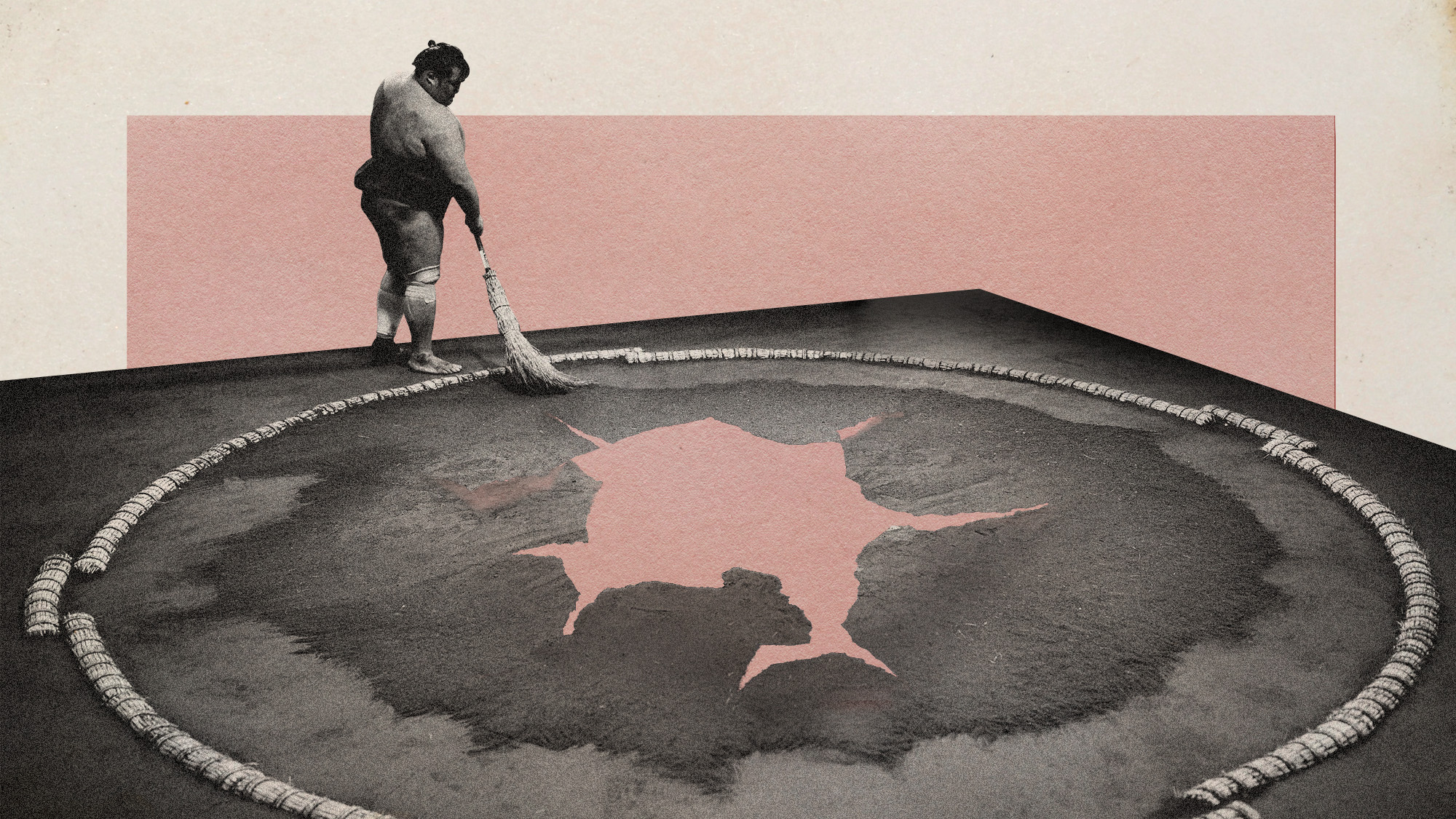 Sumo wrestling is taking a beating
Sumo wrestling is taking a beatingUnder the Radar Scandals and high-profile resignations of former stars have 'sullied' image of Japan's national sport – but could its latest star turn the tide?
-
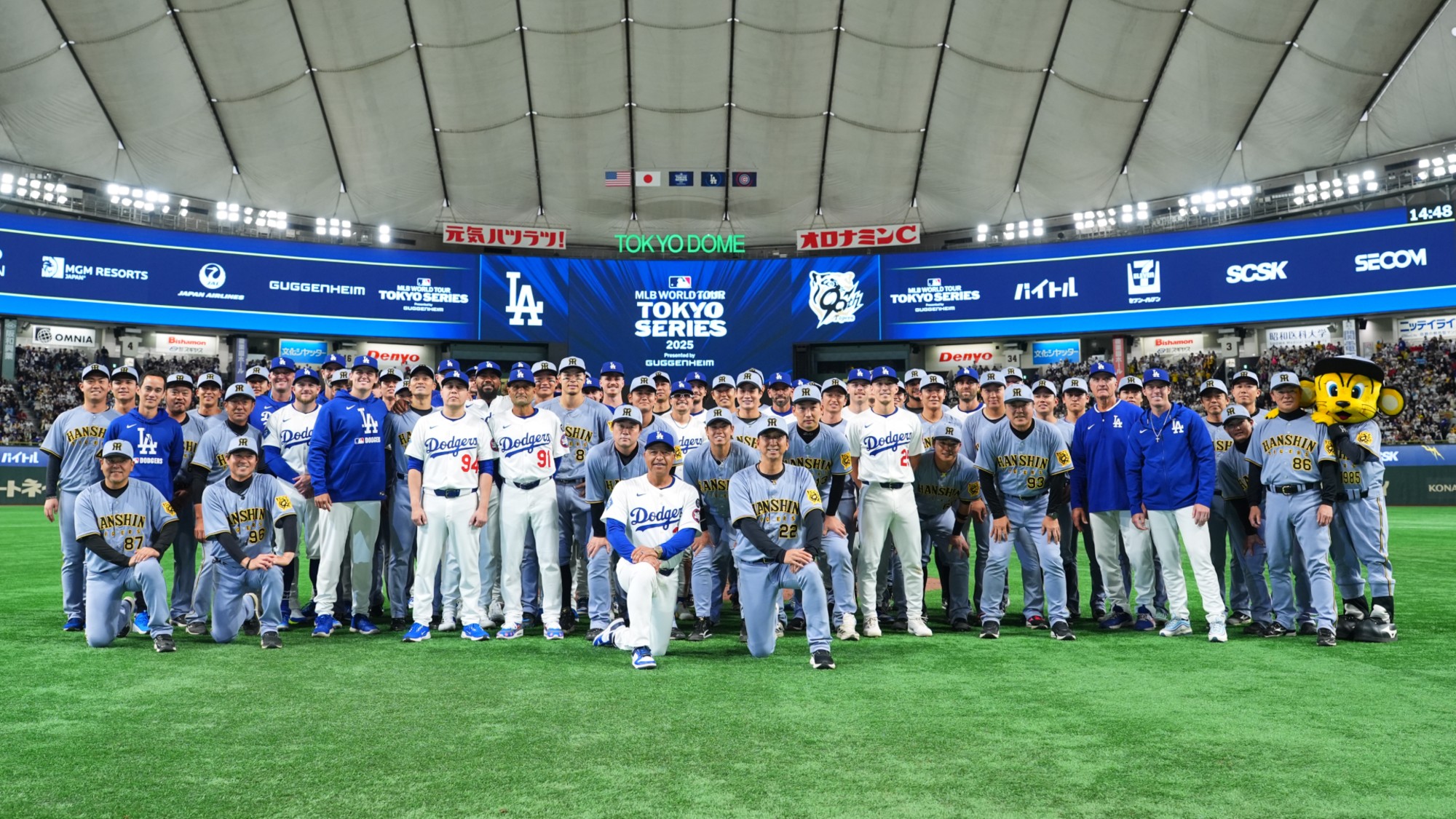 MLB is bringing home top talent from Japan's most popular sport
MLB is bringing home top talent from Japan's most popular sportThe Explainer Players like Shohei Ohtani have become the face of Major League Baseball
-
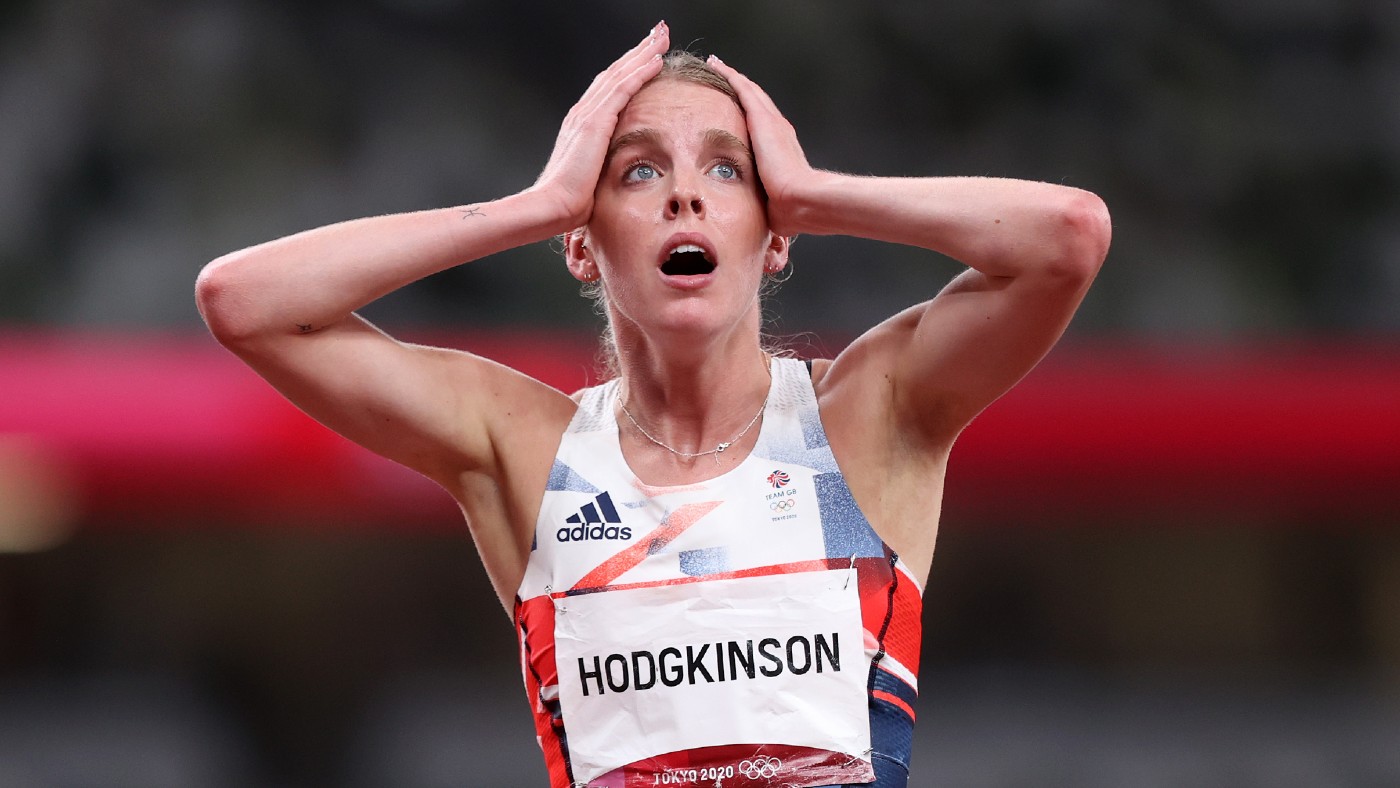 Gallery: Team GB medal hopes at the 2022 World Athletics Championships
Gallery: Team GB medal hopes at the 2022 World Athletics ChampionshipsIn the Spotlight The worlds get underway at Hayward Field in Eugene, Oregon
-
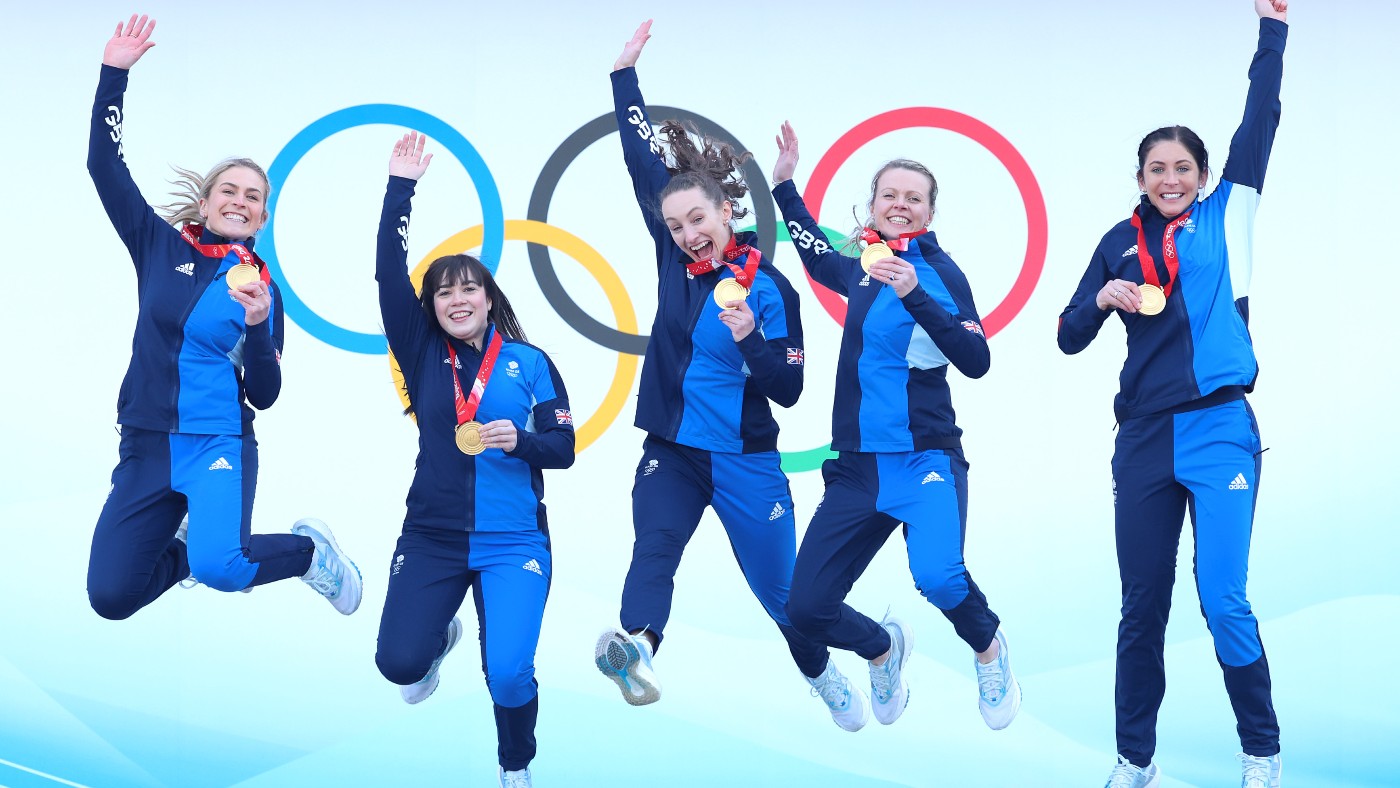 Winter Olympics: ‘disaster averted’ for Team GB as curling stars win medals
Winter Olympics: ‘disaster averted’ for Team GB as curling stars win medalsfeature Team GB finished a disappointing games with just two medals
-
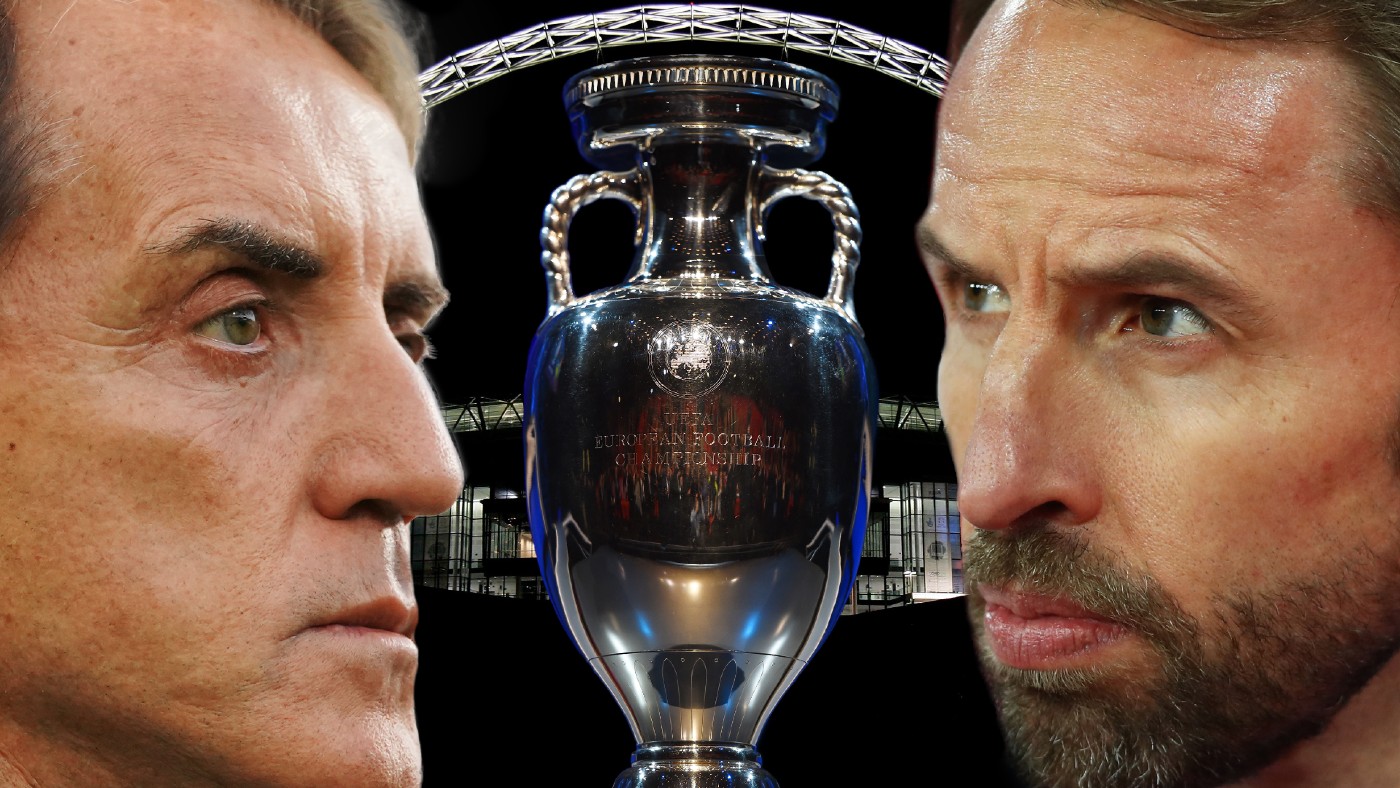 ‘The greatest year of sport ever’: five headline grabbers from 2021
‘The greatest year of sport ever’: five headline grabbers from 2021In Depth Highs and lows from both on and off the pitch
-
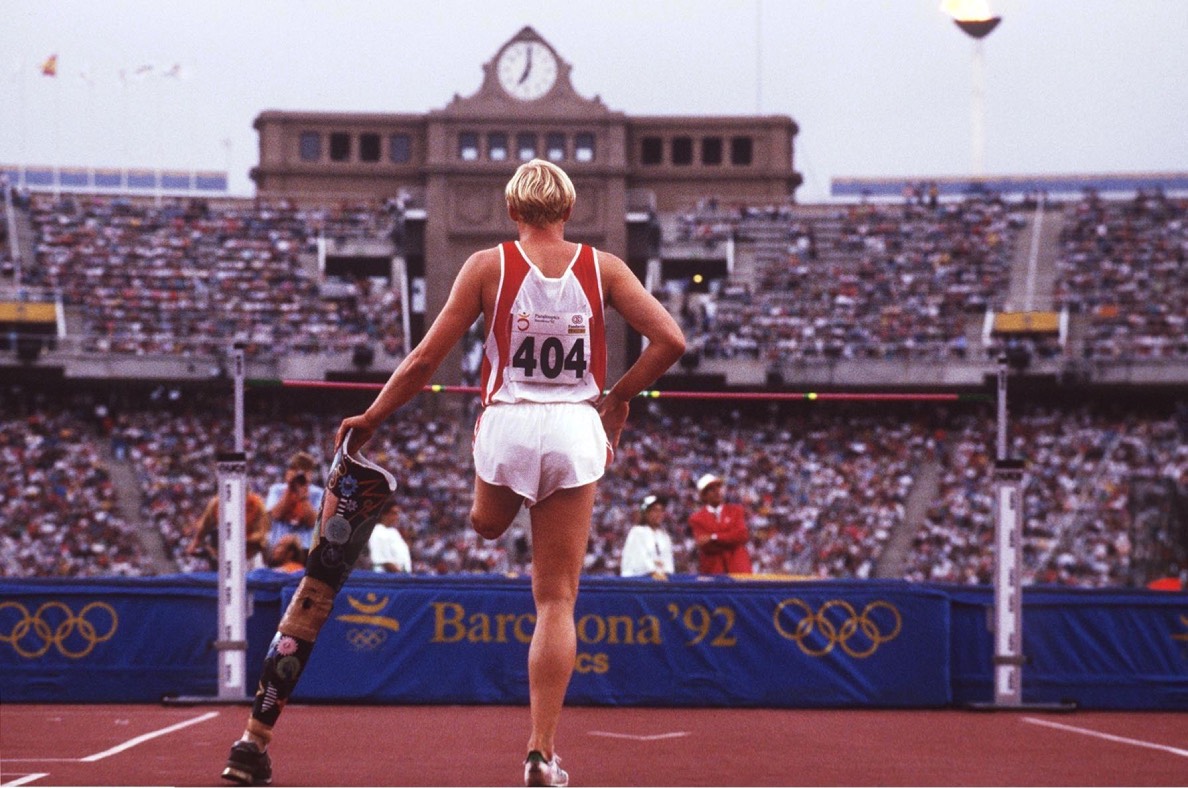 Timeline: a history of the Paralympics
Timeline: a history of the Paralympicsfeature Starting this week in Tokyo, the Paralympic Games has its origins in post-war Britain
-
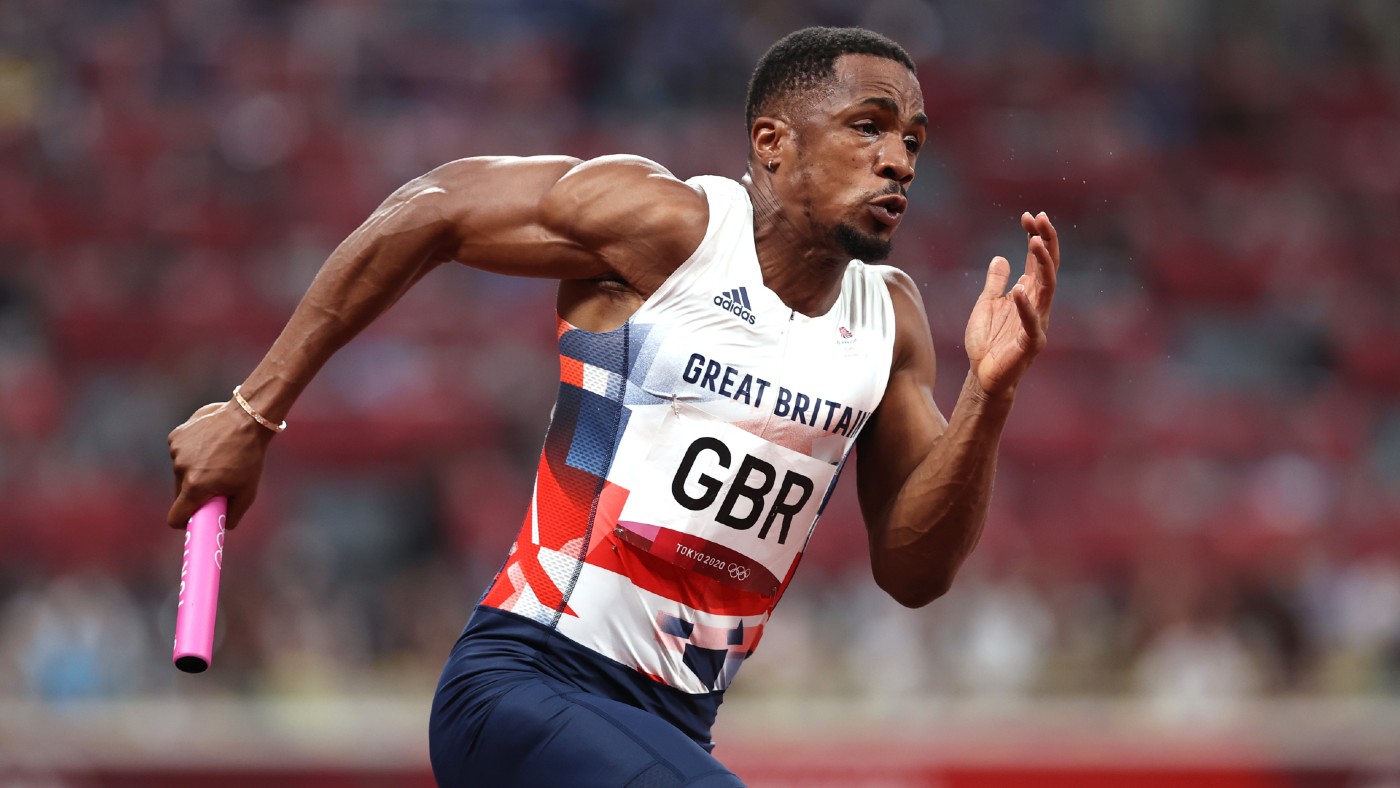 The scandal that could tarnish Team GB
The scandal that could tarnish Team GBfeature CJ Ujah protested his innocence after testing positive for two banned substances
-
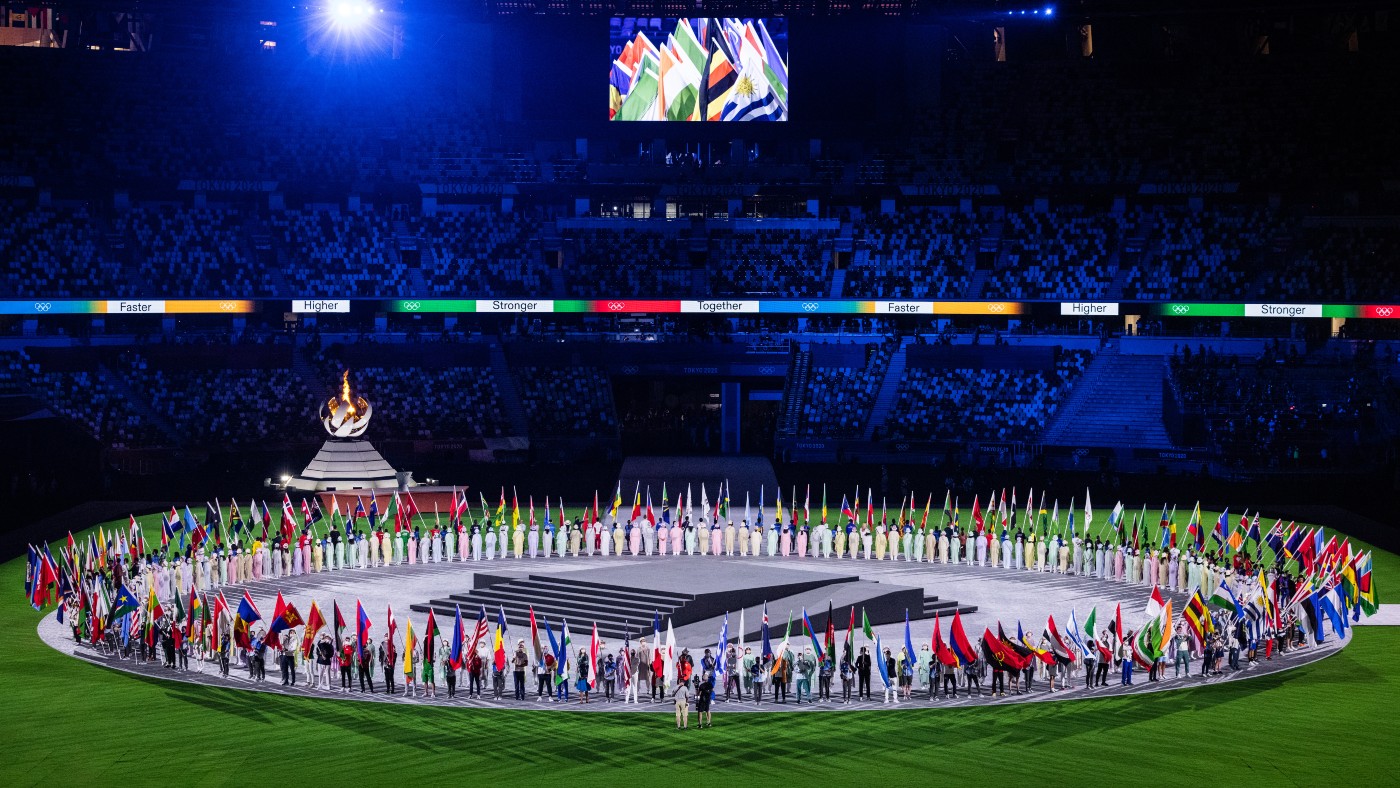 Tokyo’s ‘grand human opera’: a tonic for a weary world
Tokyo’s ‘grand human opera’: a tonic for a weary worldIn Depth Despite widespread ambivalence and fear, the Olympic Games managed to bring us together and lift our spirits